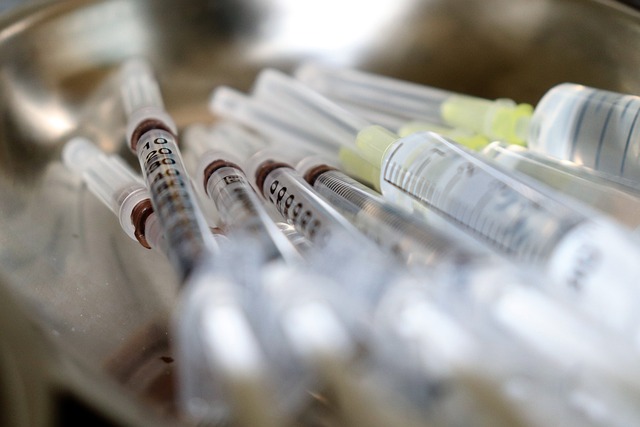The US Food and Drug Administration (FDA) approved Arexvy, the first respiratory syncytial virus (RSV) vaccine approved for use in its territory. The inoculating agent is approved for the prevention of lower respiratory tract disease caused by RSV in people 60 years of age and older.
"Older adults, particularly those with underlying health problems such as heart disease, lung disease or weakened immune systems, are at high risk of severe illness caused by RSV," said Dr. Peter Marks, director of the Center for FDA Biological Evaluation and Research and added that the approval of the RSV vaccine is “an important public health achievement” to prevent a pathology that can be life-threatening.
RSV is a highly contagious virus that causes lung and respiratory tract infections in people of all ages. Its circulation is seasonal: it generally begins during the fall and reaches its peak in the winter.
In older adults, this virus is a common cause of lower respiratory tract disease (LRTD), which affects the lungs and can cause life-threatening pneumonia and bronchiolitis (inflammation of the small airways in the lungs). . According to the US Centers for Disease Control and Prevention, RSV causes approximately 60,000 to 120,000 hospitalizations and 6,000 to 10,000 deaths each year among adults ages 65 and older.
The safety and effectiveness of Arexvy is based on the FDA’s analysis of data from an ongoing, randomized, controlled clinical study in the US in people 60 years of age and older. They sought to evaluate a single dose. Volunteers will remain in the trial for three more RSV seasons to evaluate the duration of efficacy and the safety and effectiveness of repeat vaccination.
For the study, 12,500 participants received Arexvy and 12,500 received placebo. Among participants who received Arexvy and participants who received a placebo , the vaccine significantly reduced the risk of developing RSV-associated LRTD by 82.6% and reduced the risk of developing severe RSV-associated LRTD by 94.1%.
The most commonly reported side effects by people receiving Arexvy were injection site pain, fatigue, muscle pain, headache, and joint stiffness/pain. Among all clinical trial participants, atrial fibrillation was reported within 30 days of vaccination in 10 participants receiving Arexvy and 4 participants receiving placebo.
The FDA reported that in two other studies, approximately 2,500 participants ages 60 and older received Arexvy. In one of these trials, in which some participants received Arexvy along with an FDA-approved flu vaccine, two participants developed acute disseminated encephalomyelitis, a rare type of inflammation that affects the brain and spinal cord, seven and 22 days later. later, respectively. , after receiving Arexvy and the flu vaccine. One of the participants who developed ADEM died. In the other study, a participant developed Guillain-Barré syndrome (a rare disorder in which the body’s immune system damages nerve cells, causing muscle weakness and sometimes paralysis) nine days after receiving Arexvy.
The FDA requires GSK (the vaccine’s developer) to conduct a post-marketing study to evaluate signs of serious risks of Guillain-Barré syndrome and acute disseminated encephalitis. Additionally, although not required by the FDA, the company has committed to evaluating atrial fibrillation in the post-marketing study.
















